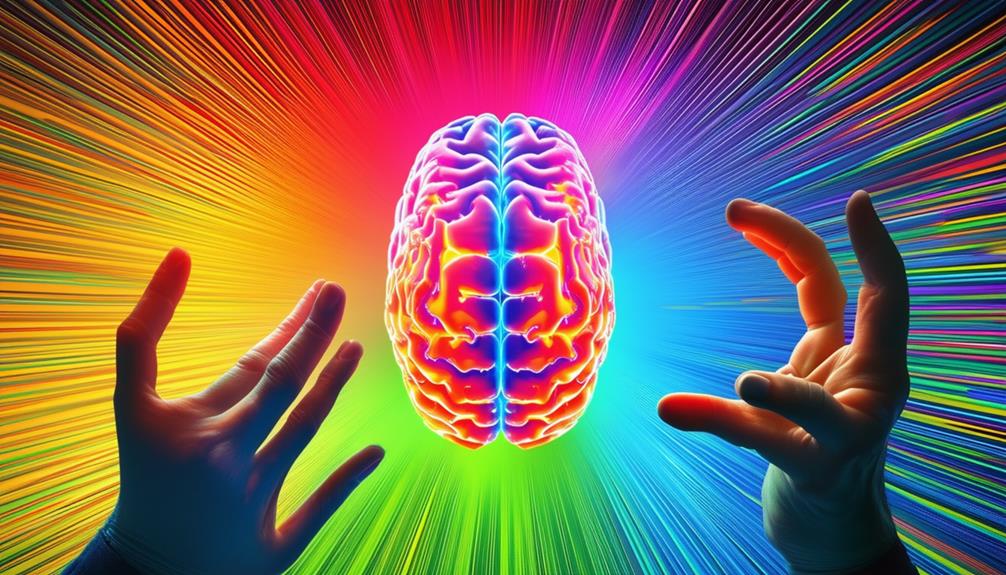Neurological disorders and mental health conditions frequently co-occur, creating complex clinical presentations seen in general neurology. This relationship involves shared biological mechanisms, overlapping symptoms, and interconnected treatment approaches. Understanding these connections helps healthcare providers develop more comprehensive care strategies and helps patients navigate their health journey more effectively.
Sharing Biological Mechanisms
Many conditions treated in general neurology directly affect brain regions that regulate mood, cognition, and behavior. Parkinson’s disease damages dopamine-producing neurons in areas that control both movement and emotional regulation. This explains why depression commonly occurs in people with Parkinson’s disease.
Multiple sclerosis demonstrates another clear example of this connection. The autoimmune process that damages myelin in MS can affect any part of the central nervous system, including areas that regulate emotional processing. Brain lesions in specific regions correlate with higher rates of depression and anxiety in MS patients. The inflammatory processes involved in MS also release cytokines that can directly influence mood regulation.
Epilepsy shows similar patterns, with seizure activity originating in brain regions that also govern emotional and behavioral responses. The temporal lobe, frequently involved in epilepsy, contains structures like the hippocampus and amygdala that play central roles in memory formation and emotional processing. This anatomical overlap explains why people with epilepsy experience higher rates of depression, anxiety, and cognitive difficulties.
Identifying Overlapping Symptoms
Many symptoms appear in both neurological disorders and mental health conditions, making an accurate diagnosis challenging. Cognitive symptoms represent a primary area of overlap. Memory problems, difficulty concentrating, and executive dysfunction occur in conditions ranging from depression to multiple sclerosis to early-stage dementia.
Sleep disturbances provide another example of symptom overlap. Neurological conditions like Parkinson’s disease and restless leg syndrome directly affect sleep architecture, while mental health conditions like depression and anxiety also significantly impair sleep quality. This creates a complex interplay where sleep problems can worsen both neurological symptoms and mental health status.
Fatigue represents one of the most common shared symptoms. Multiple sclerosis fatigue differs qualitatively from depression-related fatigue, but both significantly impact daily functioning. Stroke survivors frequently experience post-stroke fatigue that combines physical exhaustion from neurological damage with emotional fatigue from adjusting to disability.
Exploring Treatment Approaches
Managing the intersection of neurological disorders and mental health requires coordinated treatment approaches. Medications used for neurological conditions can affect mental health, while psychiatric medications may influence neurological symptoms. Antiepileptic drugs like lamotrigine have mood-stabilizing properties and can treat both seizures and bipolar disorder. Beta-blockers used for essential tremor can also reduce anxiety symptoms.
Rehabilitation approaches increasingly recognize this mind-brain connection. Cognitive rehabilitation for stroke or traumatic brain injury now routinely addresses mood and behavioral changes alongside cognitive deficits. Physical therapy programs for Parkinson’s disease incorporate elements that address both motor symptoms and depression.
Psychotherapy adapted for neurological populations shows promising results. Cognitive-behavioral therapy modified for people with multiple sclerosis addresses both disease-related challenges and traditional mental health symptoms. Mindfulness-based interventions help manage chronic pain while also reducing anxiety and depression in neurological populations.
Learn More About General Neurology
The relationship between neurological disorders and mental health reflects the interconnected nature of brain function. Rather than viewing these as separate categories, healthcare approaches increasingly recognize their shared biological foundations and overlapping clinical presentations. This integrated perspective leads to more comprehensive assessment, coordinated treatment planning, and improved outcomes for people living with these interconnected conditions. Healthcare providers benefit from understanding these connections to provide more effective, holistic care that addresses the full spectrum of neurological and mental health needs.

